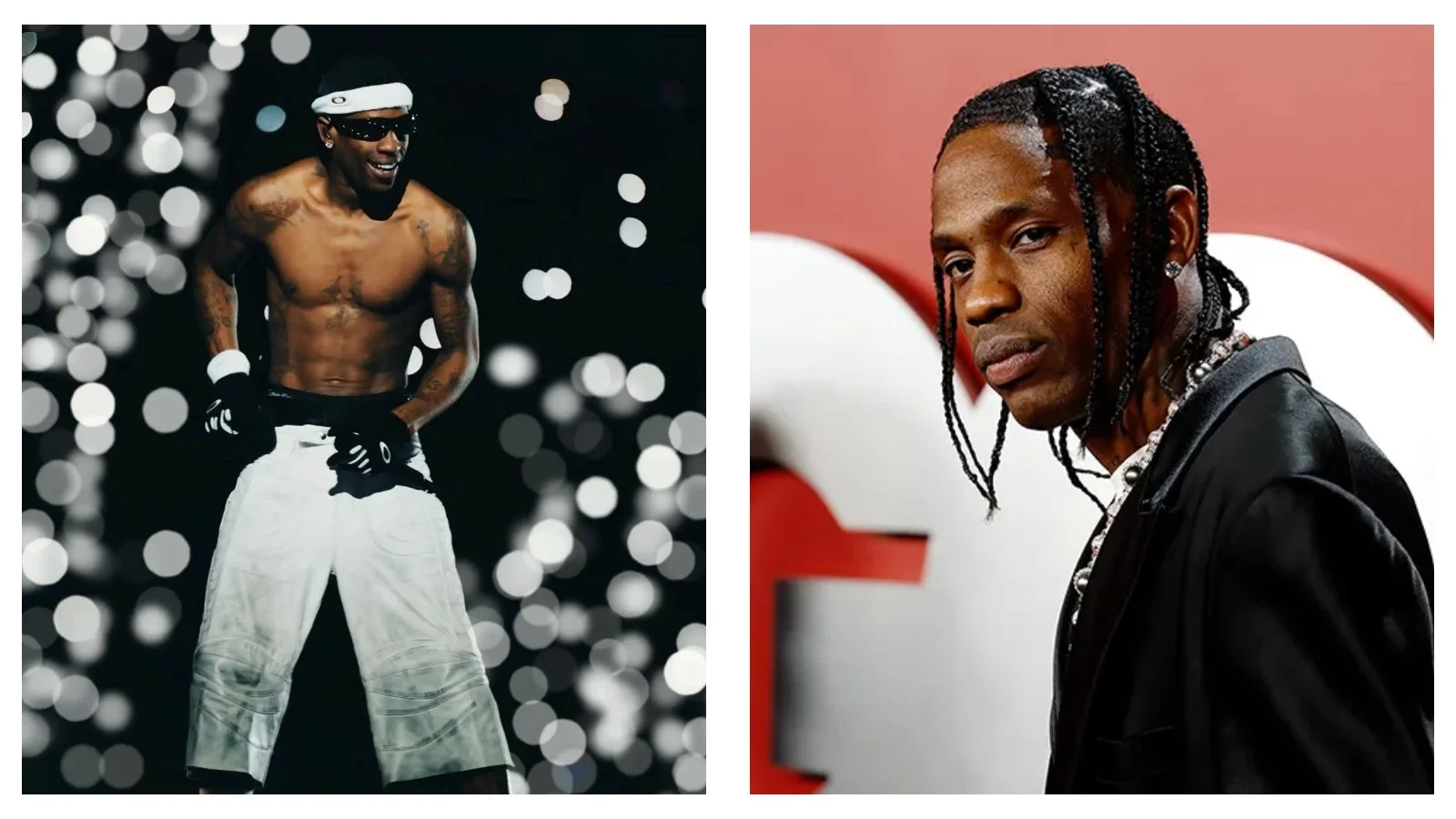How celebrity casting is reshaping modern theatre: Trisha Paytas joins ‘Beetlejuice’
On Friday, October 10, influencer Trisha Paytas was announced as part of the West End cast of Beetlejuice - timelines filled with shock, laughter, outrage, and curiosity.
Some fans saw the choice as a chaotic but fitting match between cult musical and viral personality. Others saw it as another sign of theatre bending to spectacle rather than skill.
Theatre has always embraced star power, but this casting reflects a shift toward online fame as a driving force in creative industries.
It’s less about trained stage presence and more about the reach, attention and influence that certain personalities bring with them.
Music News Blitz writer Anna Ferraz expands on celebrity casting decisions in theatre.
A history of on-stage celebrities
Celebrity casting has long been part of the theatre industry.
Well-known actors and singers have boosted ticket sales and drawn new audiences for decades.
Hugh Jackman, Rachel Zegler, Lea Michele, Sara Bareilles and Brandy Norwood are among many who have filled houses on Broadway and the West End.
Influencers, however, bring a different kind of fame.
They arrive with millions of followers, constant media visibility, and online narratives that already shape how people see them.
That attention is what producers are increasingly interested in.
YOU MAY ALSO LIKE: Travis Scott brings Utopia to South Africa: A night of chaos, energy, and unforgettable sound
Why influencer casting works for producers
Theatre competes with streaming platforms, social media, and endless digital noise.
Casting someone like Paytas guarantees reach far beyond traditional theatre marketing.
Her online following is large and highly engaged, ensuring that the show will trend whether people are fans or critics.
For producers, this reduces the need for expensive campaigns and attracts younger, more diverse audiences who may not otherwise buy a ticket.
Social media posts about rehearsals or costume fittings can reach global audiences instantly, creating free promotion and hype that traditional advertising often can’t match.
Shifting definitions of performance
The definition of a “performer” is evolving.
Influencers build their careers on constant visibility, storytelling, and performance of self. While they may not be trained actors, they are experienced in holding an audience’s attention.
Theatre relies on presence and liveness, which aren’t entirely foreign to internet personalities.
Moving from online platforms to the stage is less of a leap than it seems.
For the past few years, a larger cultural movement has seen traditional and digital performance spaces merging.
Social media platforms like TikTok and YouTube have produced entire generations of creators who perform daily for massive audiences.
At the same time, the theatre industry has become more receptive to digital influence.
Shows promote themselves on social media, build fan communities through online engagement, and rely on viral moments to drive ticket sales.
Influencer partnerships are now also part of these promotional strategies.
READ MORE: Fans divided as Taylor Swift’s new album ‘The Life of a Showgirl’ sparks mixed reactions online
A cultural shift?
Paytas’ casting is part of a broader movement.
Todrick Hall built a career that connects YouTube and Broadway. And it doesn't end there - Cameron Dallas, Charli D'Amelio, Frankie Grande, and more have followed similar paths.
Celebrity influencers are not just shaping media from the outside, they’re stepping directly into established industries.
Younger audiences often feel a stronger connection to internet creators than to traditional stars. This familiarity can draw new crowds to theatre, expanding its reach and cultural relevance.
When someone who has built their career online steps into a West End or Broadway production, they’re not entering a foreign world - they’re simply extending their performance into a new format as the language of presence, persona, and spectacle is already familiar to them.
Theatre and the internet may seem like opposing spaces, but in practice, they are increasingly feeding into one another, shaping how audiences experience performance in our digital age.
Backlash and legitimacy
Not everyone supports this direction, which is completely fair considering the huge amount of talent and competition that exists inside the theatre world.
Many trained performers and long-time theatre fans see influencer casting as undermining artistic standards.
Critics argue that casting based on follower count sidelines talent developed through years of training and performance.
This reaction mirrors earlier debates around pop star casting.
When singers first entered theatre, their credibility was questioned in much the same way. The difference now is the speed and scale of the conversation.
Social media turns every casting decision into a public debate.
ALSO CHECK OUT: Women who move the world: How female artists are redefining power in global music
Risk and reward
There are risks to this strategy.
If an influencer’s performance doesn’t meet expectations, it can damage both the show and the credibility of the theatre.
But when it succeeds, the rewards are significant: ticket sales rise, new audiences engage, and the production becomes part of the wider cultural conversation.
Theatre is operating within the same attention economy that drives viral marketing and algorithmic trends.
For some, this represents innovation; for others, a dilution of artistic standards.
The lines between online fame and the stage
Paytas’ casting in Beetlejuice marks a moment of change in the relationship between internet fame and live performances.
Theatre is responding to new cultural forces that prioritise visibility and reach, alongside existing talent.
As Broadway and the West End adapt, influencer casting continues to grow.
The stage is no longer a space reserved for traditional performers. It’s becoming part of the digital performance landscape, where visibility is power and attention is currency.
The challenge for theatre is no longer just about filling seats. It’s about navigating a future where artistic integrity and digital influence collide.
Whether this makes the stage richer or more fragile depends on how that balance is struck - and who gets to stand in the spotlight.
READ NEXT: Rocking the Daisies 2025: Two decades of sound, soul, and South African sunshine





